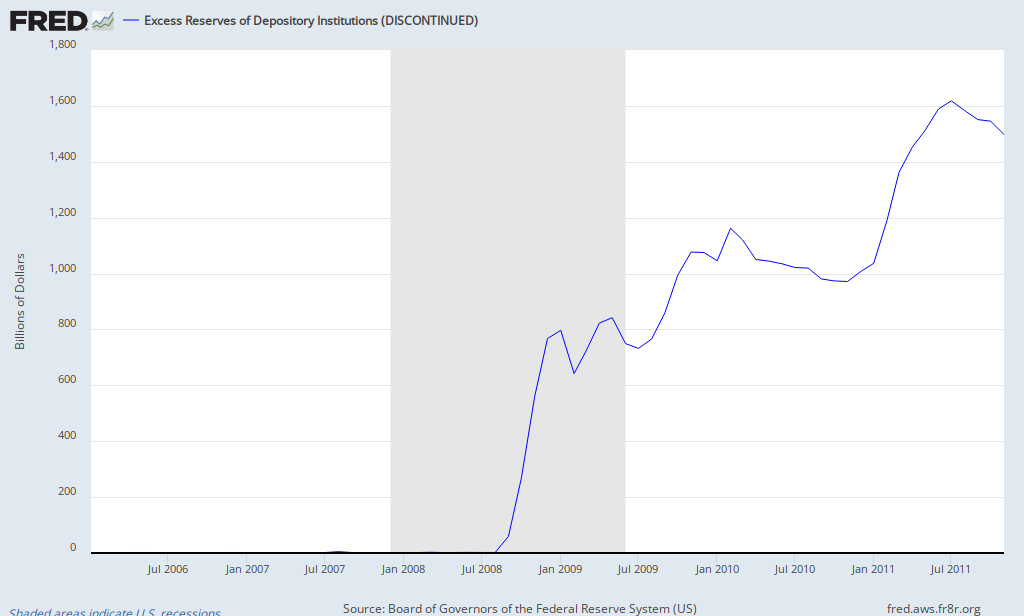Euro
Senior Member
When people critize the US debt they always point at Bushs tax cuts. Before Bush came into office the economy did ok under Clinton.
But why did he cut taxes and then decided to go to war first with Afghanistan and then Iraq. By doing this he increased government spending. And why hasnt Obama increased the taxes so the federal reserve could have stopped the money printing.
Whats the logic and thought behind this. Cutting taxes and increasing government spending, how can that work? At the same time people have to pay interest rate on the money printed by the federal reserve. Rising taxes will make people have more money, since then they can remove the interest rate that the federal reserve takes in.
Why arent anyone interested in closing down or controlling the federal reserve? Isnt it extremly stupid to have the federal reserve on private hands, shouldnt the government elected by the people have more controll on it?
But why did he cut taxes and then decided to go to war first with Afghanistan and then Iraq. By doing this he increased government spending. And why hasnt Obama increased the taxes so the federal reserve could have stopped the money printing.
Whats the logic and thought behind this. Cutting taxes and increasing government spending, how can that work? At the same time people have to pay interest rate on the money printed by the federal reserve. Rising taxes will make people have more money, since then they can remove the interest rate that the federal reserve takes in.
Why arent anyone interested in closing down or controlling the federal reserve? Isnt it extremly stupid to have the federal reserve on private hands, shouldnt the government elected by the people have more controll on it?




